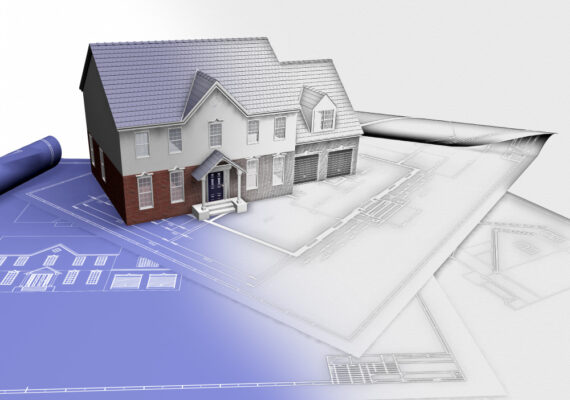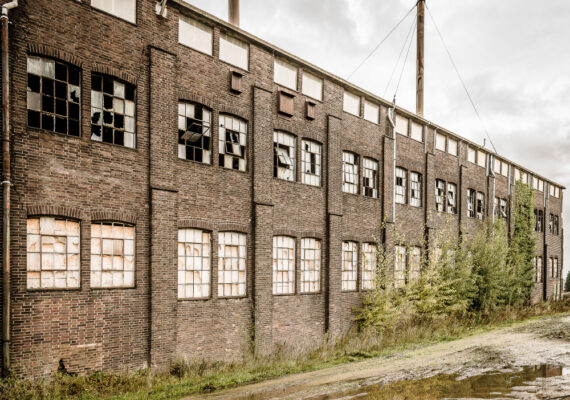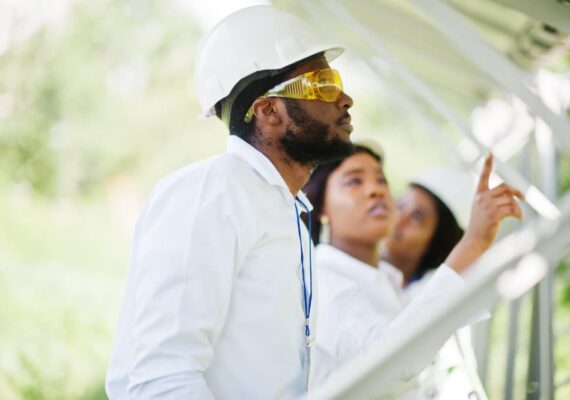Are you working on a land development project and asking yourself this question –
DO YOU REALLY NEED A PROJECT MANAGER ?
Using a professional project manager is crucial when planning, constructing, and selling development projects like housing units or residential stands. Here are some key reasons why:
1. Comprehensive Project Planning:
A professional project manager brings expertise in project planning and execution. They can create a detailed project plan that encompasses all the necessary aspects, including timelines, resources, budgets, and milestones. This ensures a well-structured and organized approach to the development project, minimizing potential delays, cost overruns, and other complications.
2. Efficient Resource Management:
Development projects involve multiple resources, such as materials, equipment, labor, and subcontractors. A project manager can effectively manage these resources by coordinating and optimizing their allocation. They can assess resource requirements, negotiate contracts, monitor progress, and address any issues that may arise. This helps ensure that resources are utilized efficiently, leading to better cost management and timely completion of the project.
3. Timely Execution and Quality Control:
A professional project manager ensures that the development project progresses according to the planned schedule. They oversee different stages of construction, coordinate activities, and monitor progress. By closely managing timelines and addressing potential bottlenecks, they can minimize delays and ensure timely completion. Additionally, a project manager can implement quality control processes to ensure that the construction meets the required standards and specifications.
4. Risk Management:
Development projects involve inherent risks, such as design changes, budget overruns, regulatory compliance, and unforeseen events. A project manager identifies and assesses these risks, develops mitigation strategies, and establishes contingency plans. They monitor risks throughout the project lifecycle, proactively address issues, and minimize their impact on the project’s success. This helps protect the interests of the developers and stakeholders involved.
5. Stakeholder Management:
Development projects typically involve multiple stakeholders, such as investors, contractors, buyers, and regulatory bodies. A project manager acts as a central point of contact and effectively manages stakeholder expectations. They facilitate communication, provide progress updates, address concerns, and ensure alignment between all parties involved. Effective stakeholder management helps maintain positive relationships and fosters a collaborative environment.
6. Smooth Sales Process:
When it comes to selling housing units or residential stands, a project manager can play a vital role. They can collaborate with marketing and sales teams to develop effective strategies, manage the sales process, and coordinate with potential buyers. By ensuring a smooth and well-organized sales process, a project manager can contribute to achieving sales targets and maximizing revenue.
Overall, a professional project manager brings expertise, experience, and a structured approach to development projects. They help streamline processes, mitigate risks, ensure timely completion, and enhance the overall success of the project. Engaging a project manager is an investment that can provide significant benefits in terms of cost management, quality control, stakeholder satisfaction, and achieving project objectives.







